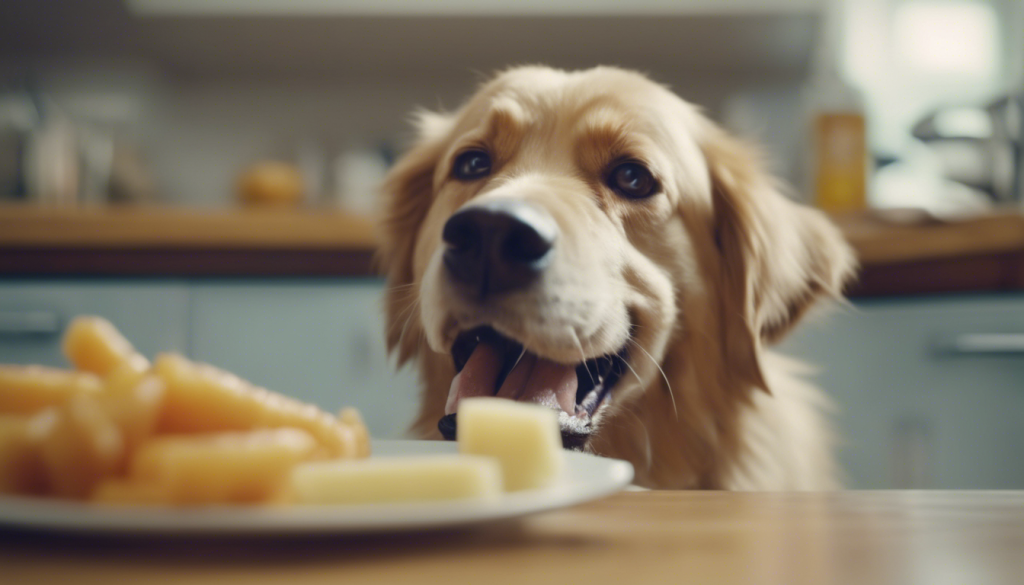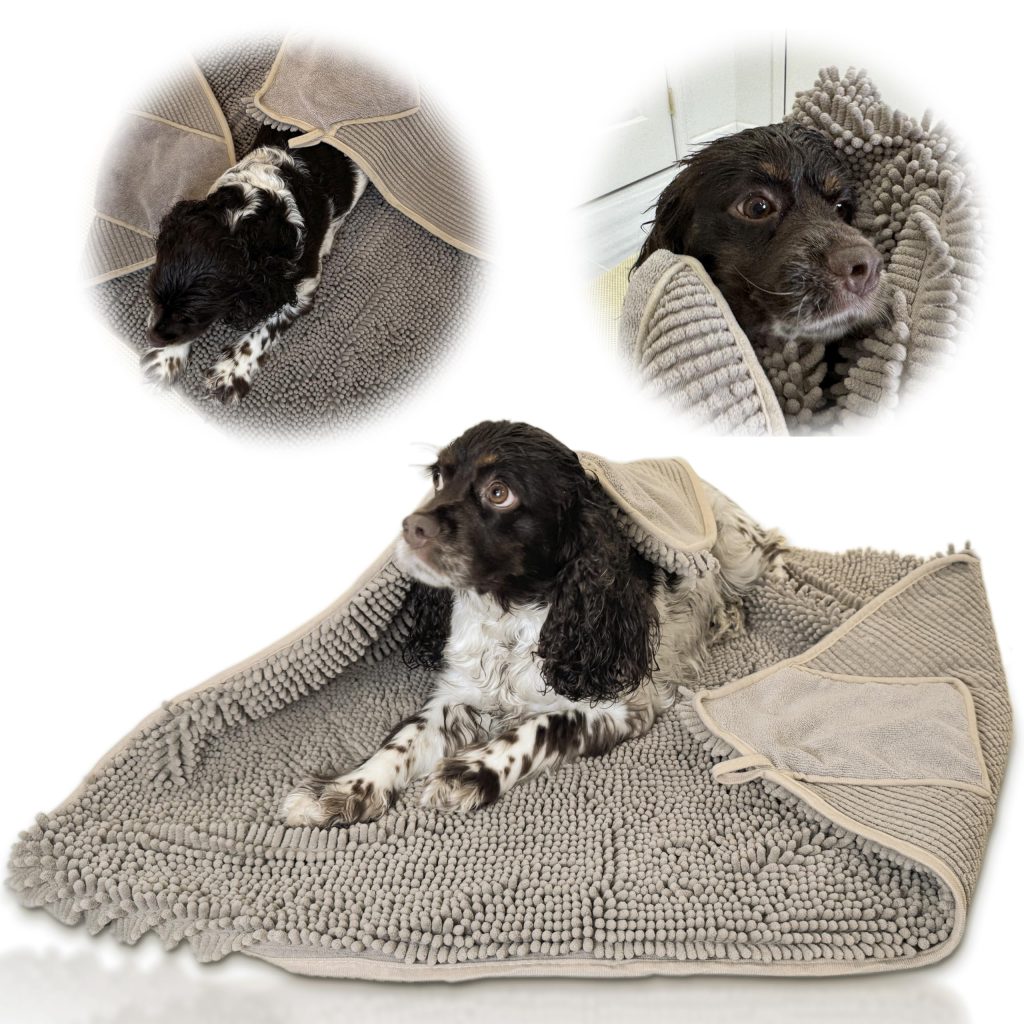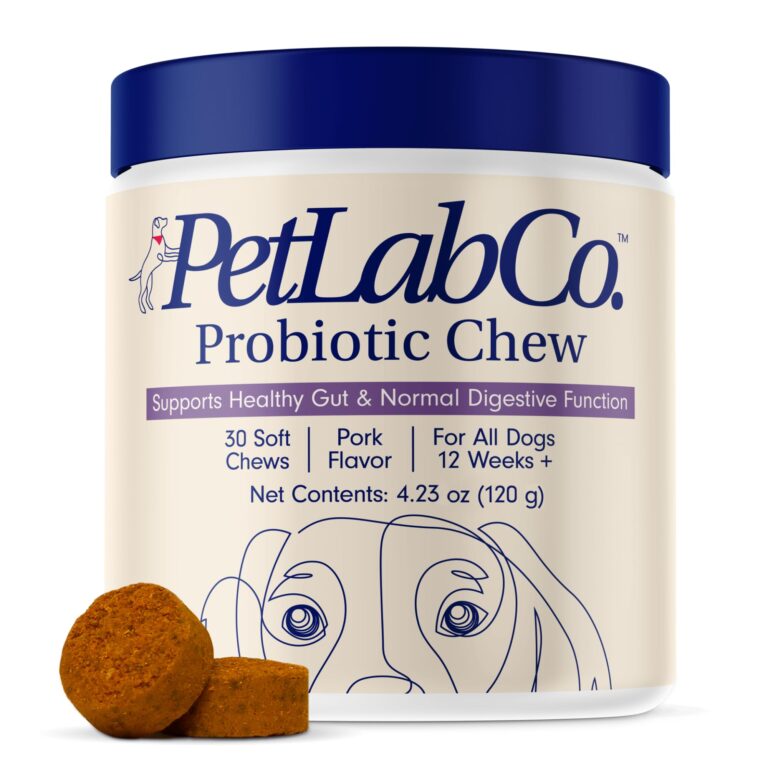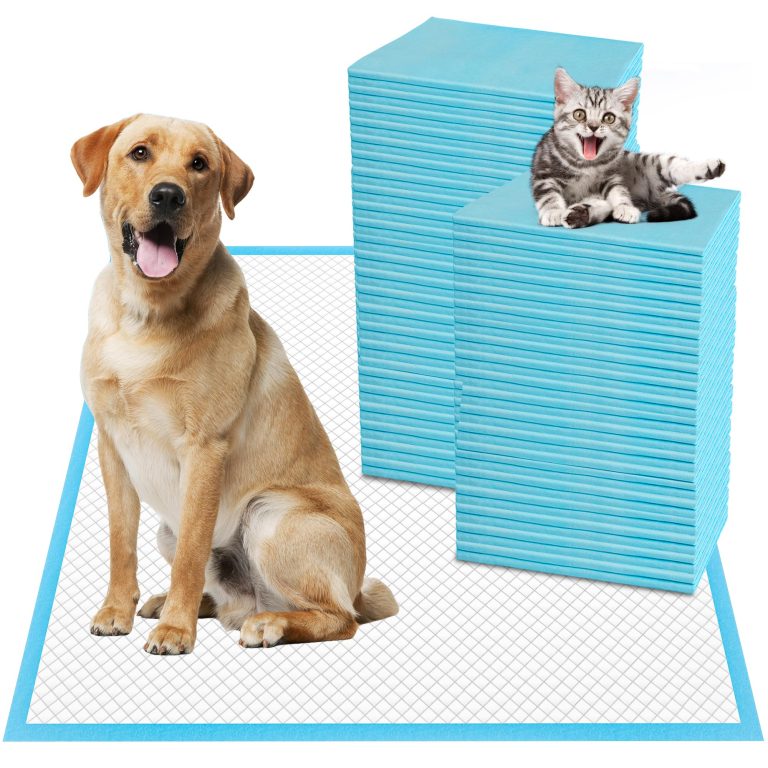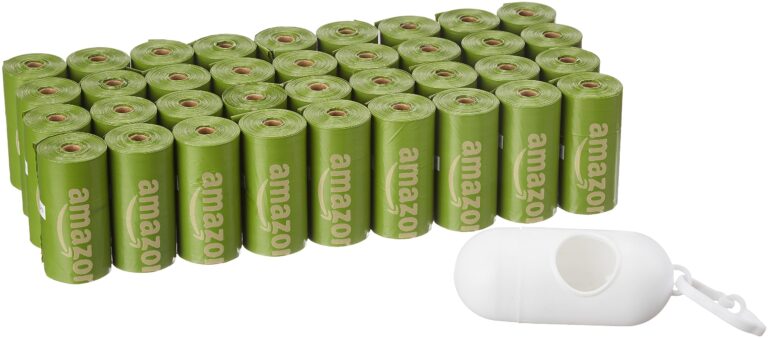Grain Inclusive Dog Diets: Understanding the Benefits
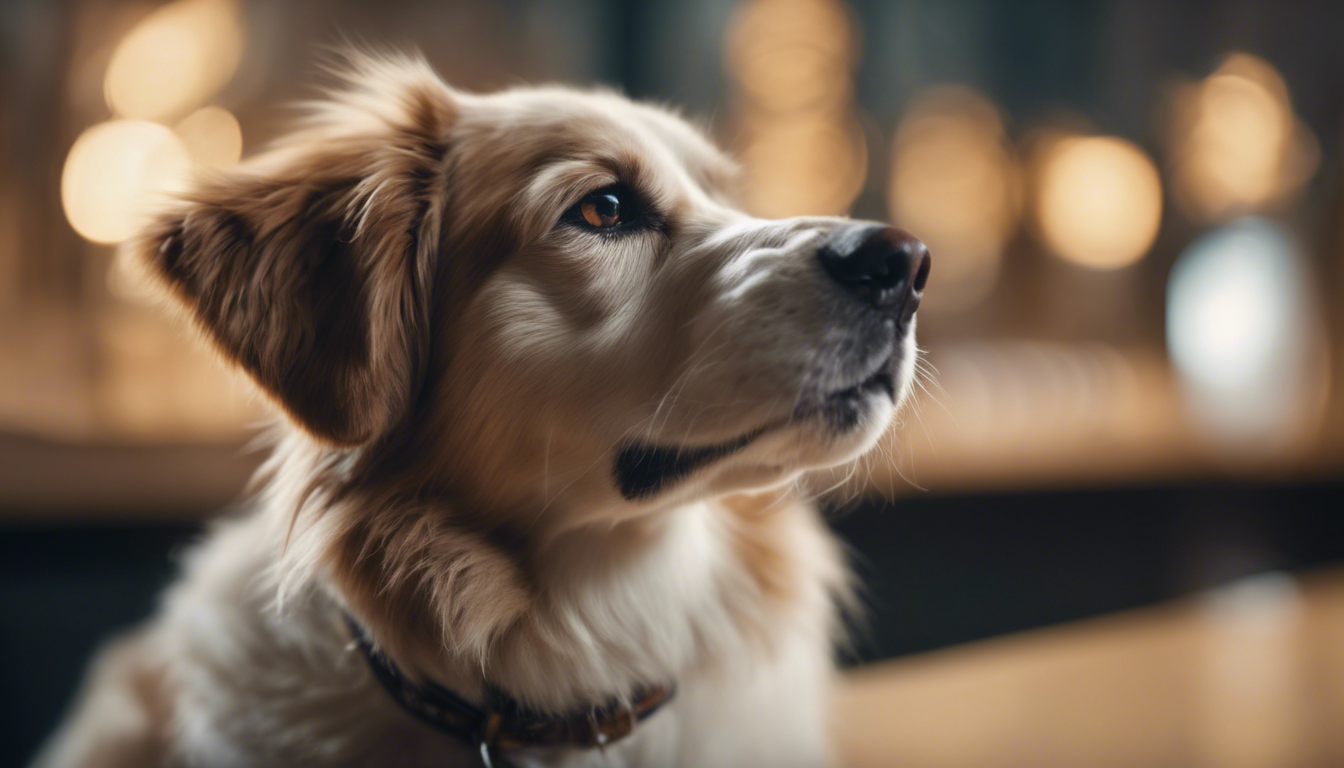
The Role of Grains in Canine Nutrition
When it comes to feeding our furry friends, the role of grains in their diet is often misunderstood. However, these humble seeds play a pivotal role in ensuring your dog gets a balanced meal. Grains like rice, barley, and oats provide essential nutrients that support your dog’s overall well-being. Consider of grains as a powerhouse of energy; they’re packed with carbohydrates that help keep your dog’s energy levels up and running during their endless games of fetch and during those long, leisurely walks.
But grains aren’t just about energy. They are also a source of important vitamins and minerals. They contribute to a dog’s diet by offering vital elements such as B-vitamins, which are crucial for maintaining healthy skin and a shiny coat, as well as iron, manganese, and magnesium for robust immune function and bone health. Moreover, grains bring to the table dietary fiber which aids in digestion and ensures that your dog’s gastrointestinal system is functioning smoothly—a happy tummy means a happy pup!
Now, the dietary needs for dogs can differ based on several factors like their life stage, breed, and activity level. Puppies, for instance, have different nutritional requirements compared to senior dogs. High-energy breeds may benefit more from grain inclusive diets due to their need for carbohydrates as a quick energy source. It is essential to understand that no one-size-fits-all when it comes to feeding dogs, so including grains in their diet should always be tailored to their individual requirements.
For those considering homemade diet options, it’s important to get the balance right. While preparing your dog’s meal from scratch might give you more control over what they eat, incorporating the correct amount of grains is a science in itself. An imbalance can lead to nutritional deficiencies or excesses. Seeking advice from a veterinary nutritionist could ensure you’re dishing out the right mix of proteins, fats, and carbohydrates, grains included. After all, we’re aiming to bowl over our canine companions with meals that are not only delicious but also nutritiously top-notch!
Whether you are a proponent of tail-waggingly good commercial dog foods or prefer the personalized touch of home-cooked meals, incorporating grains in your dog’s diet can be a smart move. Grains are much more than fillers; they’re foundational ingredients that support your pup’s vitality, making them worthy of a spot in the dog bowl.
Types of Grains Commonly Used in Dog Food
Let’s delve into the diverse selection of grains that often find their way into your dog’s dinner bowl. First off, we have whole grains versus refined—the difference is important for your dog’s nutrition. Whole grains include the entire grain kernel, meaning they provide more nutrients, like fiber, compared to their refined counterparts.
Now, some of the most beloved grains in the canine culinary world include:
- Brown rice – This whole grain is a treasure trove of nutrients and is gentle on your dog’s digestive system. It is full of fiber, which can prevent any unwanted bathroom fiascos during your daily outings.
- Oats – Perfect for dogs who may have sensitivities to wheat or corn. Oats are not just for hearty breakfasts; they also lend a helping paw in supplying dogs with a plethora of nutrients and helping to maintain their coat’s luster.
- Barley – A robust grain that triumphs with its fiber content, barley can be a fantastic choice for keeping your dog’s tummy full and satisfied, while also ensuring a slow and steady release of energy.
- Corn – Sometimes shrouded in controversy but when included properly, it is a source of proteins, carbohydrates, and antioxidants. Just make sure it is well-cooked, as raw corn can be difficult for dogs to digest.
- Quinoa – Often regarded as a ‘superfood’, quinoa is rich in protein and all nine essential amino acids, making it a great grain for building and maintaining strong muscles and supporting overall health.
- Millet – This easily digestible grain is often found in birdseed but don’t let that detract you—it’s just as nutritious for dogs! It can be particularly beneficial for those who require a diet lower in fat.
- Sorghum – A lesser-known grain which is gluten-free and a good alternative for dogs with certain allergies. It is also packed with antioxidants that can bolster your dog’s immune system.
Choosing the right grain for your dog also involves a bit of detective work. Always investigate the specific benefits and ponder any allergies or sensitivities your four-legged friend might have. For example, if your pooch has a sensitive stomach, brown rice and oats might be more suitable, whereas an active dog breed could benefit more from high-energy grains like quinoa.
If you’re diving into the world of homemade dog meals, remember not to go overboard with grains. Even though they’re healthy, they should only make up a portion of the diet, balanced with proteins and veggies. And of course, always cook the grains thoroughly to make them easier to digest for your playful pooch.
As you can see, grains offer a symphony of nutrition and taste that can help your dog’s meals be both savory and wholesome. So, go ahead and jazz up their diet with a dash of barley or a sprinkle of sorghum — their wagging tails will be sure to thank you!
Health Advantages of Grain Inclusive Diets for Dogs
Shifting gears to the health benefits of grain inclusive diets for dogs, there’s a bountiful spread of advantages to ponder. Whole grains, as part of a balanced diet, play a key role in keeping your pup not just happy, but healthy too. Picture grains as a steady drumbeat that keeps the body’s systems marching to the right rhythm.
Let’s stir the pot with digestion, a critical aspect of canine health. Grains, with their hearty fiber content, act like a benevolent broom, sweeping through the digestive tract and clearing the way for a smooth journey. This means that our four-legged compatriots are less likely to experience constipation, and a better regulated digestive system can ward off issues like anal gland disease.
Beyond the belly, grains are like a daily multivitamin for your dog, bolstering their day-to-day vitality. Tummy troubles? A diet inclusive of grains like cooked oatmeal or barley could be the gentle belly rub from the inside that your dog needs. These grains are packed with soluble fibers that can help soothe irritated intestinal tracts. And let’s not overlook the benefit to stool quality – if you’re the one doing yard duty, you’ll appreciate the ease of cleanup that comes with well-formed deposits.
But wait, there’s more: those B-vitamins, iron, and magnesium we’ve chatted about are not just for show. They serve as the unsung heroes in energy metabolism, oxygen transport, and enzyme function. A dog without an adequate supply of these nutrients might not have the pep needed for catching that frisbee or keeping up with the kids at the park.
If your dog is the athletic type, launching into zoomies with the slightest provocation, the carbohydrates in grains provide that much-needed quick-release energy. Ponder of it as the fuel that sparks their playful fire. Conversely, if your furry friend leans towards the ‘couch-potato’ category, whole grains offer complex carbs, which break down slower, keeping them feeling fuller for longer – a crafty tool for managing weight.
Health benefits extend to other parts of the body too. The addition of grains in a dog’s diet can make a difference in skin and coat health. You know that proud feeling when someone stops to admire your dog’s shiny coat? That is the glow of proper nutrition, not just good genetics. Omega-3 and omega-6 fatty acids, found in grains like flaxseed and quinoa, contribute to that lustrous sheen and aid in maintaining healthy skin.
Lastly, grains are friends with longevity; they pack in antioxidants that keep cells frisky and combat the aging process. Free radicals, those pesky molecules that can lead to inflammation and even cancer, are kept at bay by the antioxidants from grains like sorghum and quinoa.
For the health-conscious pup parent looking to avoid common food allergens, never fear—grains often come to the rescue. Many grain inclusive dog foods skip the usual suspects like beef or dairy, sidestepping potential allergic reactions and paving the path to an itch-free existence for sensitive pooches.
So, as you ladle out your dog’s dinner, remember that including grains in their diet isn’t just about filling the bowl; it is about filling their life with health. Your furry friend’s body is a temple, and grains are one of the pillars that keep it standing strong. When in doubt, consult with your veterinarian about the best grain-inclusive options for your dog, and raise a toast—a whole grain toast—to their good health!
Debunking Myths About Grain-Free Dog Food
Myth-busting time! There’s been quite the buzz about grain-free diets being superior for our canine companions, but let’s put on our detective hats and sift through the kibble of information for the truth. Grain-free diets emerged on the scene like a shiny, new toy, accompanied by claims that they’re closer to a dog’s natural diet, help with allergies, and are more digestible. While these claims sound enticing, they’re not always backed by science, and it is important to chew over the facts.
Many believe that because dogs are descendants of wolves, their diet should mimic that of their wild ancestors—minimal grains, max meat. However, pooches have been our best buds for thousands of years and have adapted to eat a more varied diet, including grains. Dogs have evolved to produce enzymes that break down carbohydrates, which means grains are not only digestible but also beneficial. Those tail-wagging friends have come a long way from their wolfish roots!
Now let’s tackle the allergy argument. It is true that some dogs have allergies, but grains are rarely the culprits. More often than not, it’s proteins—like chicken, beef, or dairy—that set off allergic reactions. If your dog is itching more than a kid with chickenpox, don’t just blame the grains. A chat with the vet can help pinpoint the real allergen, which might have your dog saying goodbye to certain meats rather than grains.
And what about digestibility? Surprise, surprise—grains are usually not the bad guys here either. Most grain-inclusive dog foods contain easily digestible grains that have been properly cooked. This means that from snoot to tail, your dog is getting all the good stuff from their grain-inclusive meal without the tummy rumbles.
Perhaps the most important bone to pick with grain-free diets is the potential link to a heart condition called dilated cardiomyopathy (DCM). The FDA has been investigating reports of DCM in dogs eating certain grain-free foods. While no direct cause has been established, it is a serious enough concern to make any dog owner pause before ditching grains. Until more research brings clarity, it may be wise to sit and stay with grain-inclusive options—your dog’s heart might thank you for it!
In essence, when it comes to grains, there’s no need for a blanket “bark” of disapproval. Swapping stories at the dog park doesn’t equal vet-approved advice. Each dog is an individual, with unique dietary needs. So, whether grains make your dog’s diet or not, let’s make informed choices based on science, not fads. Here’s to our furry pals—may they live long and prosper, with or without grains in their dog bowls!
